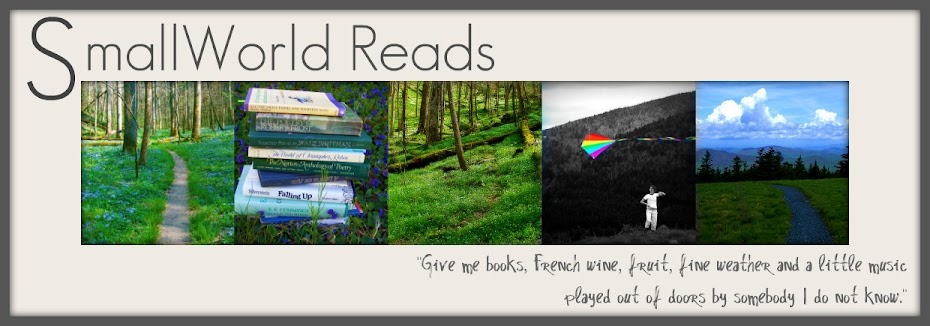
Subtitled "The Extraordinary Story of Margaret Werner, the Only American Woman to Survive Stalin's Gulag," this book really is an amazing story. Author Karl Tobien was an adult before his mother ever revealed her past to him, and when he heard her story, he knew it needed to be told.
Margaret Werner was eleven when she and her parents left Detroit to take a job in Russia in the early 1930s. Her father was part of a group with the Ford Motor Company that was assisting the Soviet Union in starting an auto factory in Gorky, Russia. They thought they would be there for a year.
It was 30 years before Margaret made it back to the United States. The Werner's life in Russia was terrible from the first day, when they discovered their deplorable housing conditions. Soon after they arrived, Stalin began his reign of terror, and the Ford Motor Company essentially abandoned its group of 400 workers. Margaret's father was arrested in 1938 on fake charges of treason and sentenced to prison camp. They never heard from him again.
Margaret and her mother struggled to survive in Stalinist Russia, always fearful for their lives yet determined and amazingly resilient. In 1943 the police came for Margaret, who was about 25 years old. She was charged with anti-Soviet propaganda and espionage, again a totally false charge, and sentenced to 10 years of hard labor.
For a decade then Margaret struggled to survive in the Russian "gulag archipelago," the forced labor and prison camp system mostly in northern Siberia. Margaret's sheer grit, wit, and determination is amazing, and she develops an amazing faith in God throughout her experiences. She also forges close friendships with her fellow women prisoners and is able to keep in brief contact with her mother.
After her release, Margaret quickly marries and has a baby (she is in her late 30s by then) and sets about to find a way to finally get back home, to the United States. Her whole life story is absolutely amazing. While this narrative is certainly not on the level of Solzhenitsyn's Gulag Archipelago, it is extremely readable and provides an incredible view of Stalinist Russia.






